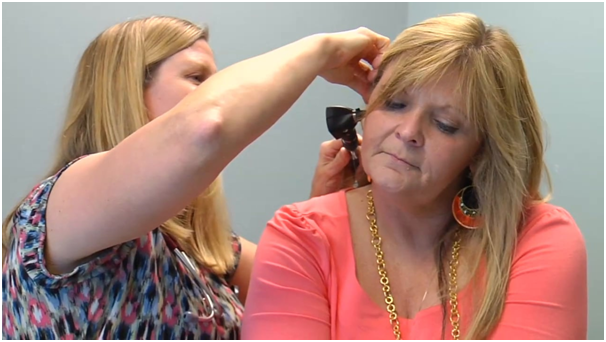5 health checks every woman should have
You may be feeling fighting fit but some health issues creep up without symptoms and may be well established by the time you are aware of them. There are simple tests for some of these specifically female issues, so once you reach your mid-forties, it is recommended that you undergo regular checks.

Image Credit
Cervical smear
The recommended regime is to have a cervical smear every third year between the ages of 25 and 49, and every five years between the ages of 50 and 64. This is a simple test, that collects a sample of cells from the neck of the uterus to check for any abnormalities (also see #STI testing kits in London and https://www.bexleysexualhealth.org/.
Mammogram
Breast cancer is the most common type of cancer in the UK and is reported to affect one out of eight women. A mammogram is recommended every three years. This is an x-ray that reveals any changes that may be indicative of cancer. More information is available at http://www.nhs.uk/conditions/breast-cancer-screening/Pages/Introduction.aspx
You can also carry out regular breast checks yourself, by following a simple routine to detect any changes in breast tissue (see checkurself).
Bone health
Most women enter menopause around the age of 50 and due to the hormonal changes that take place at this time, it is important to have your bone density checked for signs of osteoporosis. Again, this is an x-ray test that assesses the quality of bones in your spine and hips. There is also a simple bone turnover test based on a urine sample that indicates daily changes in loss of bone mass. It may be possible to take added vitamins to prevent excessive damage.
Bowel checks
Bowel cancer is fourth in the list of common cancers in the UK, however, it is the cause of the second greatest number of deaths. This test can easily be done by completing a self test kit sent by the NHS through the post.
Midlife MOT
The NHS runs a midlife screening test for those aged from 40 to 74 and targets seven top preventable diseases. Early detection will lead to early intervention.
Many of these tests incur a mild amount of embarrassment but don’t let it put you off having a check-up. Disease detected in the early stages is more responsive to treatment than in later stages.


